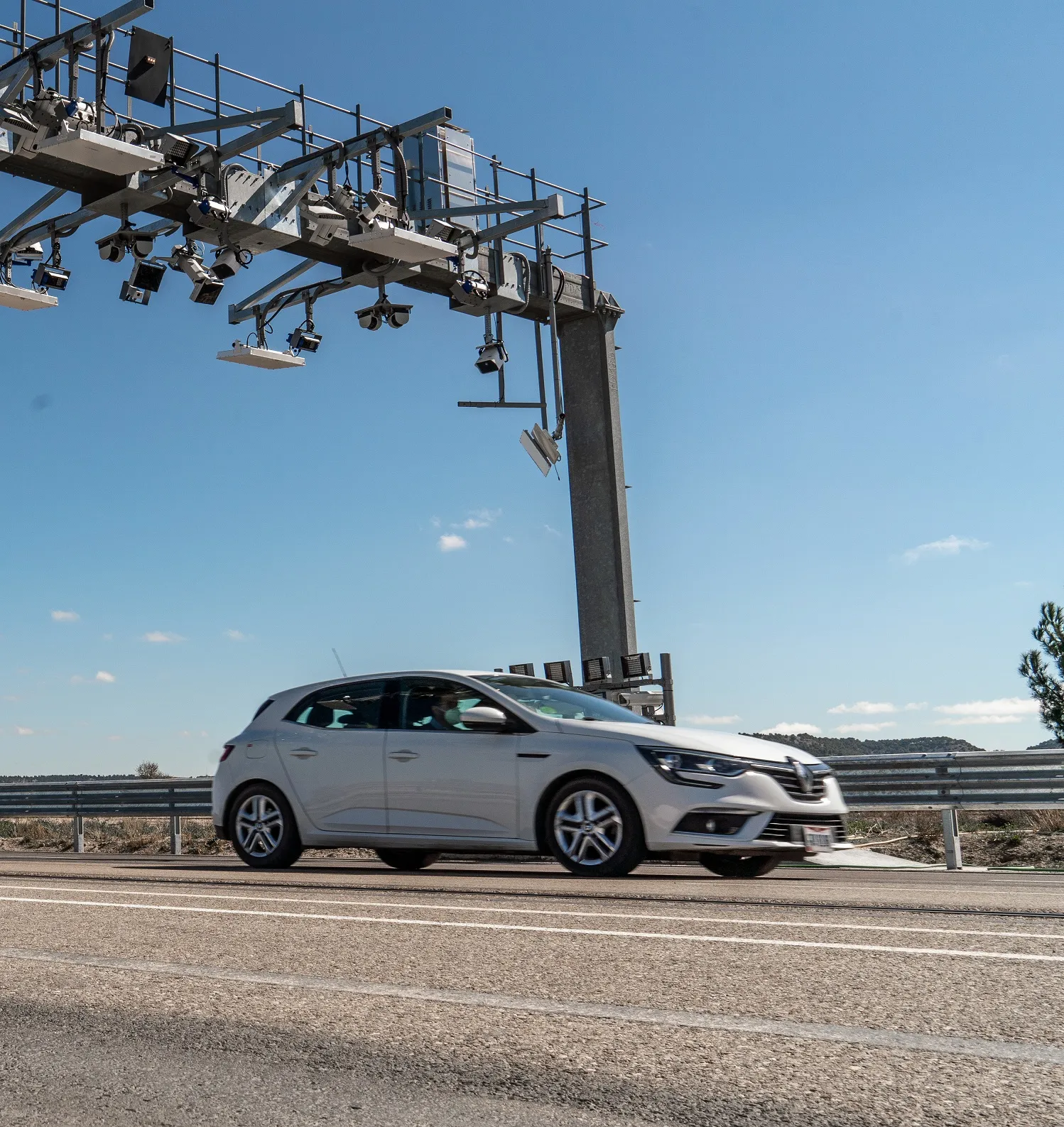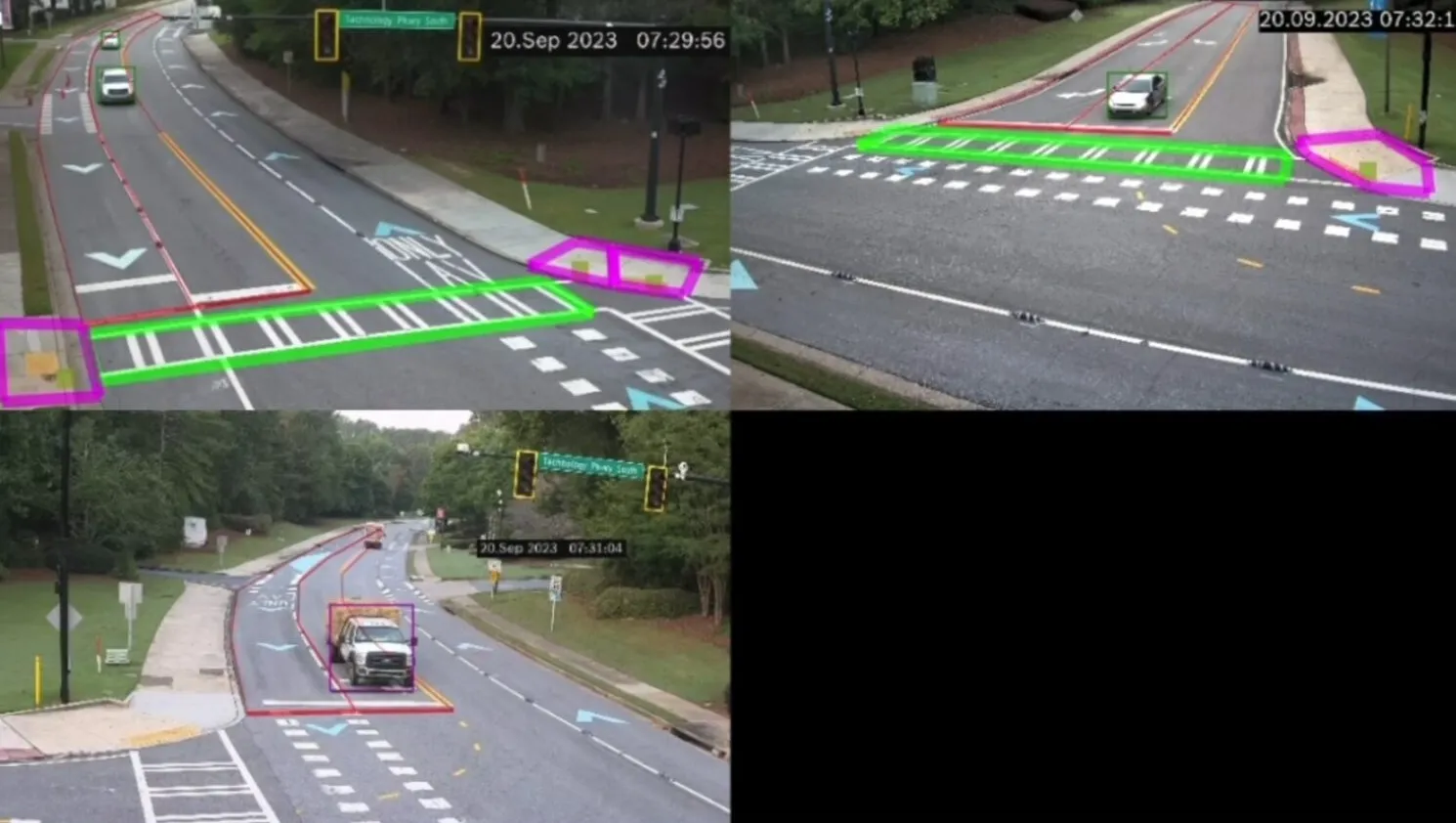
Indra has won a €24m contract to introduce its Mova Collect dynamic tolling solution onto the busy Ayalon Highway in Israel.
The deal from Dan Public Transportation is for the design, supply, installation, commissioning and 10-year maintenance of the managed lanes on Highway 20 near Tel Aviv.
Mova Collect uses deep learning to automatically detect high-occupancy vehicles, thus promoting the use of car sharing and free electric public buses.
Indra will introduce 80 free-flow booths allowing cars to pass through without having to slow down, together with a back-office platform which enables real-time journey configuration and integrates algorithms that can adjust the tolls, depending on the amount of traffic.
The idea is that this will help reduce jams on one of the most congested roads in Israel, cutting emissions.
Using a mobile app developed by Indra, users will be able to declare in real time that they are traveling in a high-occupancy vehicle in order to request exemption from the toll.
Indra says its Horus traffic management system will integrate the different elements of the solution, giving operators a single view of what’s happening on the highway.
Indra already operates similar technology in the US on the I-66 Outside the Beltway near Washington, DC.










